Coaching postnatal mama’s is NOT the same as coaching any other client in the gym.
Or, it shouldn’t be the same.
There are glaring differences and there are subtle differences. As a fitness professional you need to understand these in order to best progress and support your client.
As a coach for women in pregnancy and post-pregnancy, there are things you must understand to successfully train someone who is a new mom, or an experienced mom.
Here are 4 things you must know if you’re a fitness coach working with moms of any stage or phase.
If you are a fitness coach, health professional, or have interest working with moms, you are working with postnatal populations.
If you want to help moms feel as good as possible in their bodies, and their lives, the Postnatal Fitness Specialist Academy is designed to teach you key strategies and tools to ensure you’re doing so.
The Academy is open for registration from now until Monday, October 16th – one week only. It will not open again for at least 6 months.
Learn the tools to successfully support moms in abdominal and pelvic floor health, fitness and strength, mental and emotional well-being, and more.
1). If someone has been pregnant, they’re postpartum. Forever. And, ever.
Don’t try to fight me on this one 😉
Pregnancy changes a body.
This doesn’t automatically mean that you must be cautious in exercise forever with a client, but it does mean that there are things you need to be aware of, questions you need to ask, and signs/symptoms to be cognizant of.
Things that I take into consideration with post-pregnancy workout programming:
• How many pregnancies have there been?
• Have there been vaginal birth(s)? C-section(s)?
• Were there any interventions used during birth?
• Was there any degree of tearing?
• Have you been to see a pelvic floor physical therapist for an internal assessment?
• Are you or did you experience any urinary or fecal incontinence?
• HOW ARE YOU FEELING? (Don’t forget this one!)
2). You must create balance between life stress and exercise stress for mama’s to feel best in their bodies.
Postpartum is hard and mom-ing changes your world.
The type of exercise that helps a body feel best in the early months, and years, postpartum can be very different than what the client felt great doing pre-pregnancy or during pregnancy.
There are times of high life stress as a mom. Broken, poor sleep. Nursing and feeding challenges. Sick babies.
Your exercise programming SHOULD adapt, change, and be able to meet a mama where she’s at depending on what life looks and feels like. Right now.
You have to be able to adapt on the fly. Understand how to adjust intensity and modify exercises in seconds.
Understand what good, beneficial exercise looks like in the long-term for a body and soul that has gone through so much the last ________ (insert how long a woman has been pregnant, nursing, on little sleep for, etc) years.
On that note, you need to keep bringing the attention back to care. Caring for the physical, mental, and emotional make up of that mom.
You play a key role in that.
In a single training session, you need to create a balance with the rehabilitative elements and the more physically challenging exercise you program.
In a week, you need to create a balance with the leisurely movement done and the more intense exercise completed.
3). The pelvic floor is really, really important. You need to talk about it.
Don’t feel weird about it. You have a pelvic floor, too. EVERYONE has a pelvic floor.
Honestly, it might feel uncomfortable if you’re not used to integrating the words vagina, bladder, and rectum into client convos, but I promise you it’s worth getting used to.
You’ll gain the confidence as you go.
It can be as simple as:
• “Does that exercise make you feel like you need to run to the bathroom after?”
• “Are you noticing any leaking, at all, when you jump, or laugh, or cough lately?”
Keep it relaxed. Explain that you are interested so you can best plan their workout program, to give their body the best opportunity at progressing in their workouts.
The pelvic floor is super closely related to 2 key things you are likely to come across in your work with moms:
• Diastasis Recti Abdominus (DRA): the common abdominal separation and weakened abdominal wall connective tissue seen during and after pregnancy.
• Pelvic Organ Prolapse (POP): the loss of support to one or more pelvic organs, which can be a heightened risk after pregnancy.
DRA and POP will affect your exercise selection, how you plan a workout, and how you manage exercise stress.
This is another topic covered in detail in the Postnatal Fitness Specialist Academy because if you work with moms, you 100% will come across DRA and POP, and you need to ensure your workouts are supportive of these conditions and not causing any further harm.
(In Week 1 of the PFS Academy, our Expert Guest Lecturer, Many Rempfer-Kuncio, educates on the stats and studies showing how prevalent DRA, incontinence, POP, and pelvic pain truly are. Hint: it’s more than you think.)
If you’re a fitness pro working with moms you need a solid understand of the pelvic floor, but remember, we always want to refer to pelvic floor physical therapists, too! The masters of the pelvic floor.
This is why I’ve enlisted the guidance of 6 pelvic floor physical therapists in the Postnatal Fitness Academy who are part of the Expert Guest Lecturer team. You can learn more about their expertise here.
They are there to offer you a much more thorough understanding of the pelvic floor and how this relates to your exercise selection.
4). The makeup of a specific workout session needs to be purposeful.
• Good postnatal exercise is NOT a mishmash of exercises.
• Good postnatal exercise is NOT choosing a harder variation of an exercise just because you’re afraid the client will think your workouts are too easy.
• Good postnatal exercise is NOT making your clients exhausted at the end of a workout.
• Good postnatal exercise IS a workout program that leaves your client feeling better, with more energy for their day, more strength to live their life, and more confidence in their body as it is.
• Good postnatal exercise IS workout programming that is structured, specific, and purposeful.
• Good postnatal exercise IS finding strategic ways to blend rehabilitative elements, with more physically challenging exercise into a training session, all while educating moms on what’s best for their body when it comes to fitness.
What are you doing what you’re doing in that workout? There must be a damn good reason. Every. Time.
Doing burpees simply because they get the heart rate up is not a good enough reason, by the way.
Ps. Become a leader in the field of postnatal fitness and health coaching with the Postnatal Fitness Specialist Academy, now accepting enrolment until Monday, October 16th.
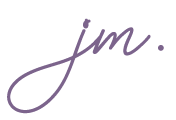

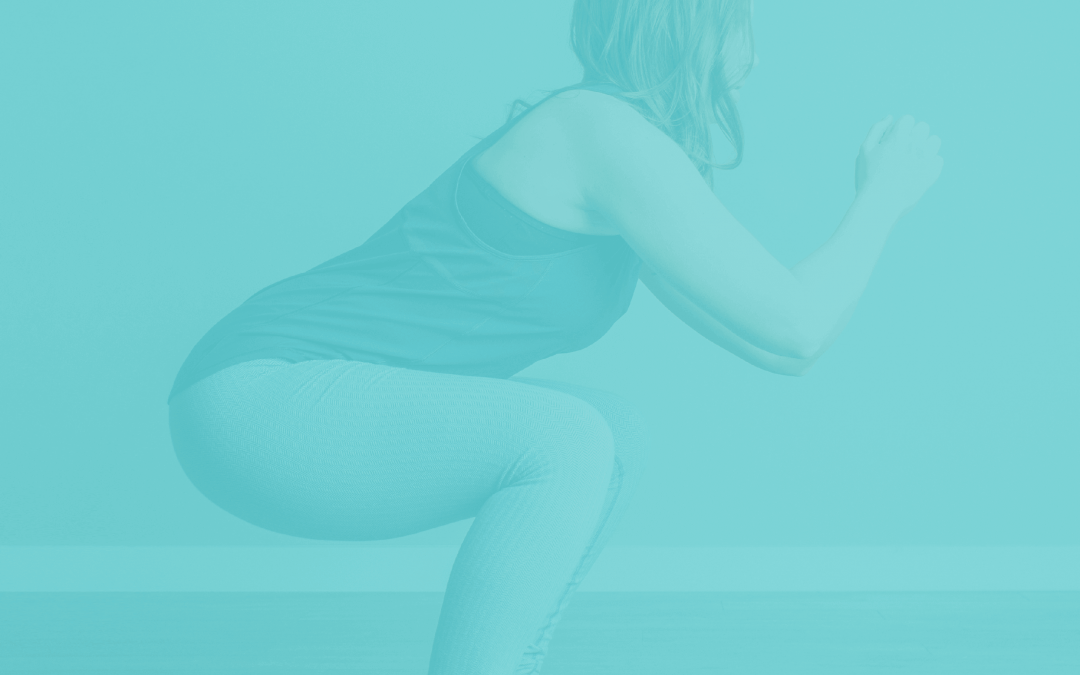
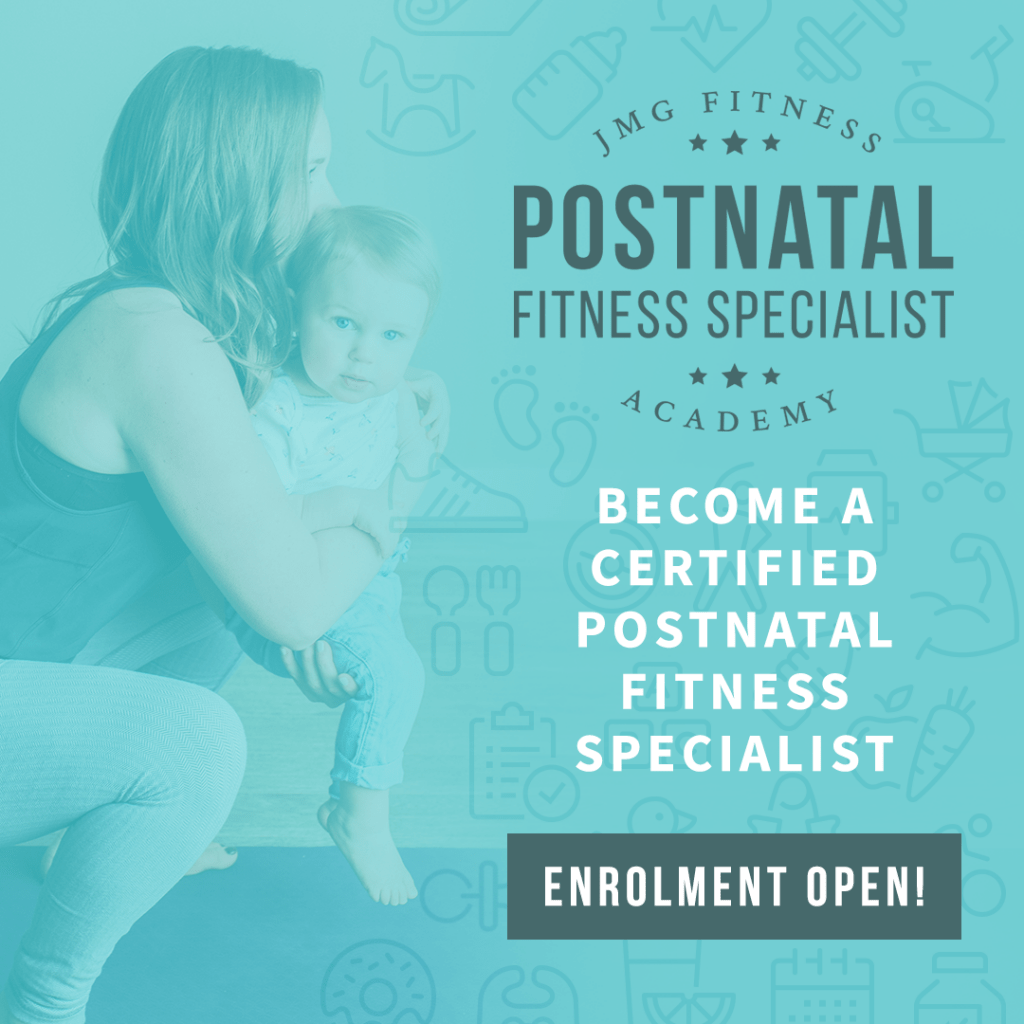
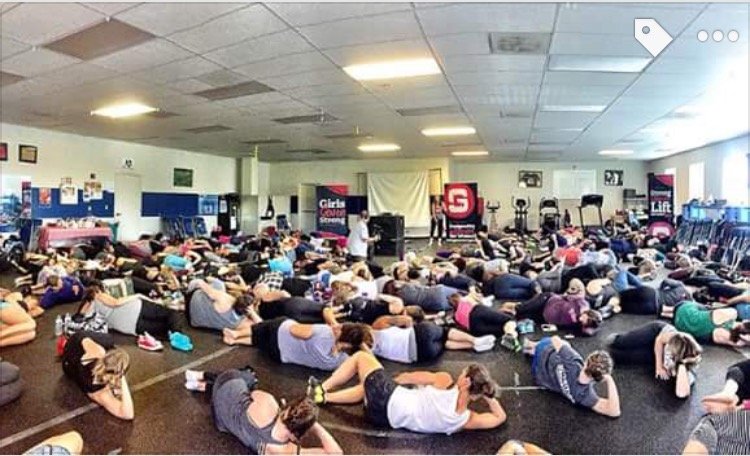


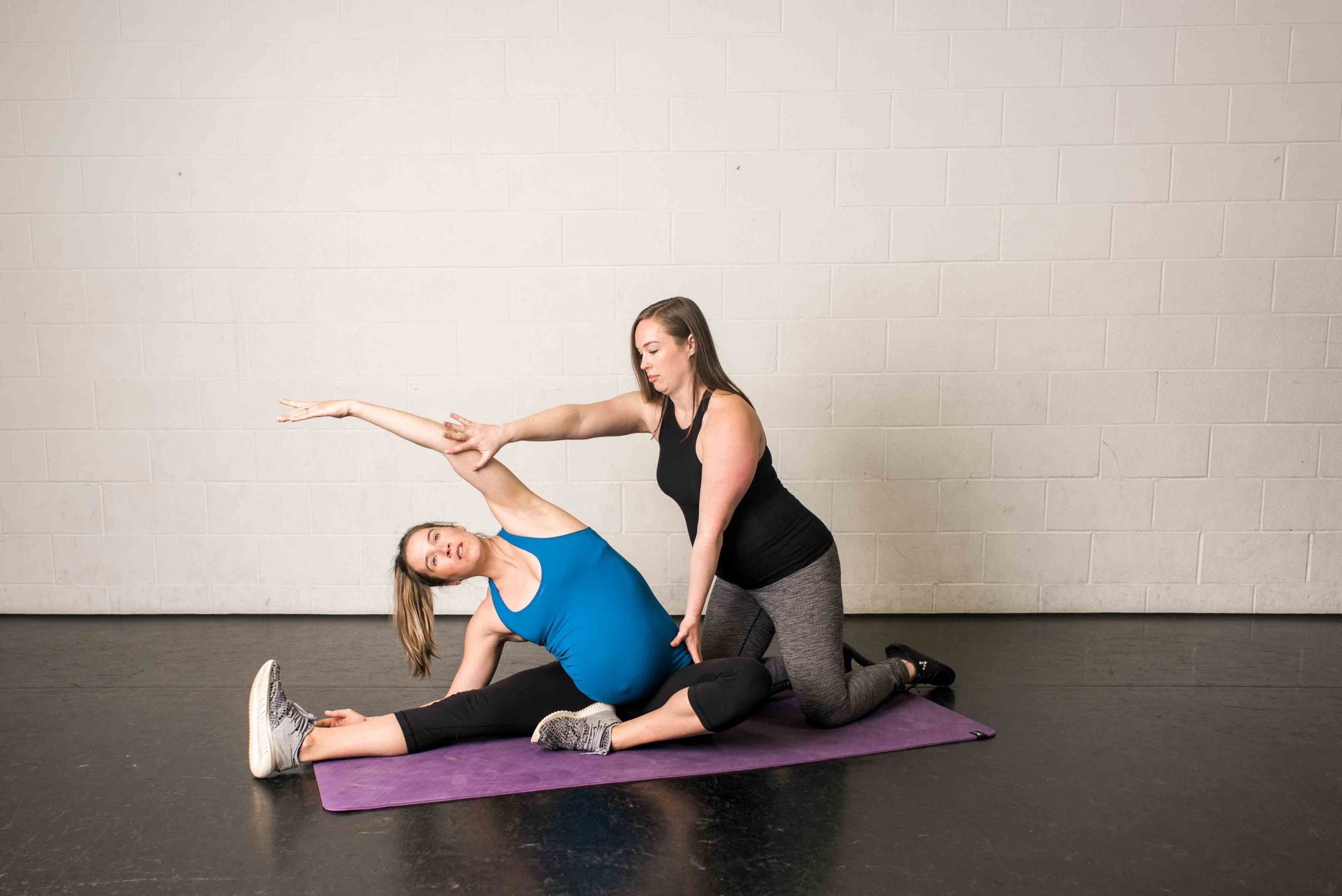
![[Empowering Clients + Elevating Your Career]
PFSA Pre & Postnatal Coaching Certification is designed to ensure YOUR and your clients’ success!
Registration is open now – you'll save $500 and get access to a live BONUS COACHING WEEK when you enroll by Thursday, April 25th!
🔥 Comment “PFSA” and I’ll send you the discounted link to learn more & upgrade your skills.
Transform your career and become a certified PFSA professional. Let’s gooooo!
#CesareanRecovery #PrenatalExercise #PregnancyTips #PrenatalExercises #PrenatalFitnessTrainer #ActivePregnancy #PostpartumPilates #PostnatalWorkout #PostnatalExercise #PostpartumTraining #PostnatalCheck #PostpartumExercise #SafeExercisePostpartum #FullBodyWorkout #ParentWorkout #WorkoutsForParents](https://jessiemundell.com/wp-content/plugins/instagram-feed/img/placeholder.png)
